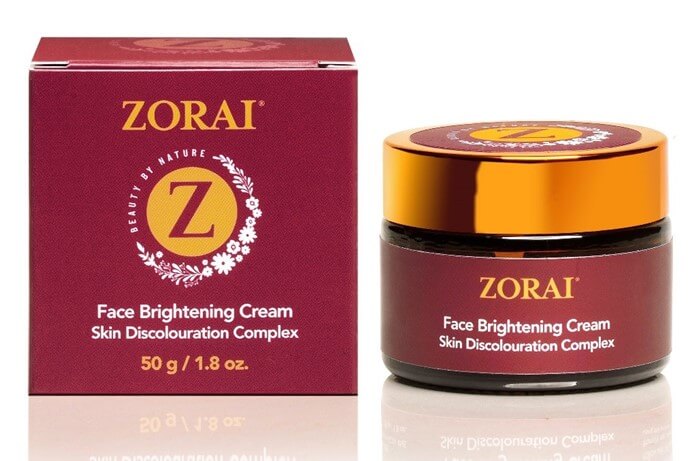Hyperpigmentation is a condition that causes darker patches of skin to appear and is a common issue for people who have darker skin. Although it does not pose a medical problem, it can leave sufferers feeling self-conscious and anxious about how they look. Once the darker patches appear, it can be incredibly challenging to treat them. So how can we reduce and prevent hyperpigmentation in the first place?
What Causes Hyperpigmentation?
The skin has many components, but the ones responsible for hyperpigmentation are called melanocytes. These cells are responsible for melanin production, and this is what gives us our natural skin tones. However, if these cells over-produce melanin, it creates too much pigmentation in one spot, and this gets a lot darker than the skin around it. The most common form of hyperpigmentation is freckling, most visibly over the bridge of the nose and cheeks, but they can appear anywhere on the body. The other types are melasma caused by hormonal changes, lentigines, the clinical name for age/liver spots, and post-inflammatory hyperpigmentation, which occurs due to damage to the skin after injury.
Preventing Hyperpigmentation on Darker Skin
Preventing hyperpigmentation depends on the cause; sun exposure is the primary and universal problem. This triggers the melanocytes and leads to the over-production of melanin. So one sensible step is always to use a high-factor, high-quality sunscreen as this can help prevent new issues and slow the progression of any existing damage.
If medications are causing hyperpigmentation, it is worth talking to your doctor to see if there is an alternative you can try. The same goes for those suffering due to hormonal issues, as there may be supplements or hormone replacements you can take to calm things back down.
Treatment of Hyperpigmentation
The key to treating hyperpigmentation is working out what is causing it. Once the darker spots have appeared, getting them to fade away will be a slow process; it can take up to a year. If a skin or haircare product is causing the reaction, the first thing to do is stop using it. If the skin has discoloured on a very deep level, it could be years before it fades. Maintaining a good sun protection routine is vital as this gives the skin a chance to heal. Continuing to expose yourself to the sun with no protection will cause the darker areas to get darker.
There are a few over-the-counter treatments that can also support the skin as it heals. Ensuring you have enough vitamin C in your diet or using a vitamin C cream on the affected areas gives some people relief. You could also try retinoid, glycolic acid, azelaic acid or kojic acid, all of which can be found in skin treatment creams sold in most places.
Our Face Brightening Cream Skin Discolouration Complex has shown excellent results in reducing any skin changes caused by hyperpigmentation, particularly in darker skin; find out the benefits here and try it for yourself.



 Not valid on sets. View our
Not valid on sets. View our